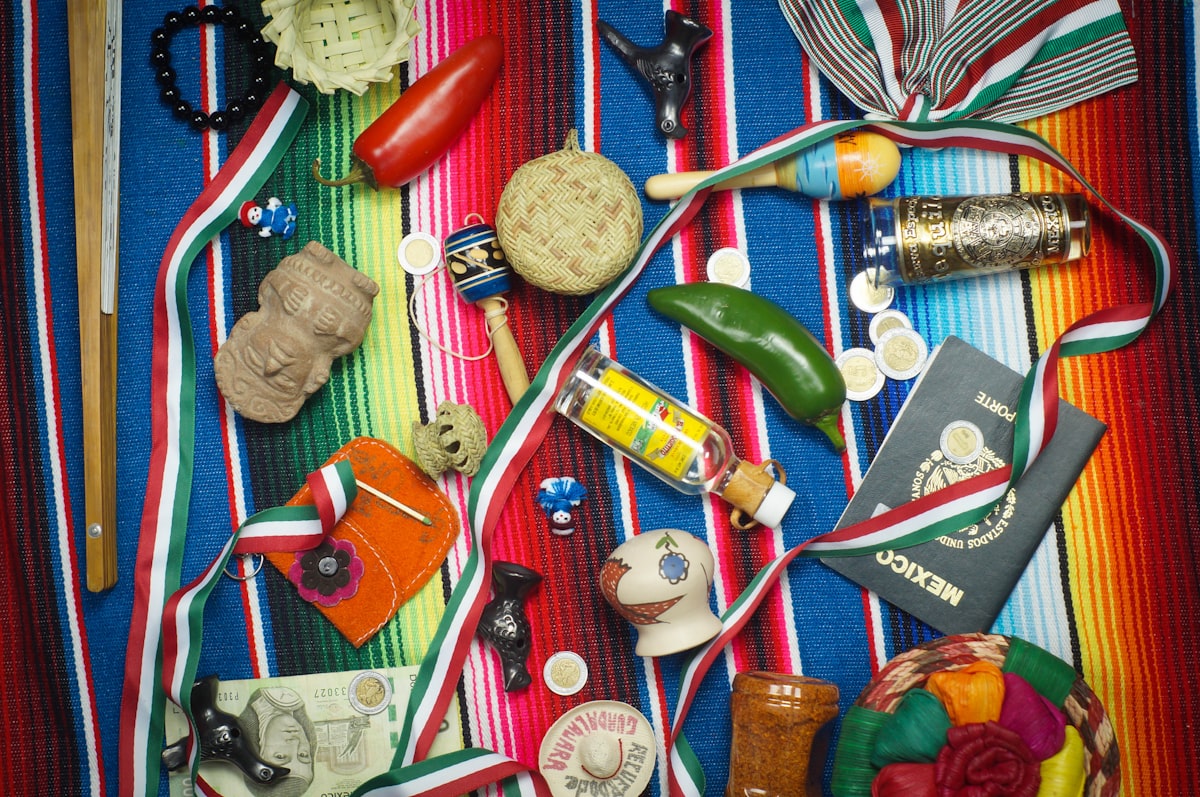Law for the Safeguarding of the Elements of Culture and Identity of Peoples
The Mexican Senate approved the General Law for the Safeguarding of the Elements of Culture and Identity of Indigenous Peoples and Communities.

The Mexican Senate approved the General Law for the Safeguarding of the Elements of Culture and Identity of Indigenous Peoples and Communities, to prevent large companies from profiting at the expense of their designs and expressions. The law recognizes the communities' right to ownership of the elements that are part of their culture and identity.
The president of the Senate's Culture Committee, Susana Harp, pointed out that the penalties for this type of crime range from 3 to 10 years in prison, and a fine of 2,000 to 50,000 units on average. For Harp, this law allows a greater recognition of the people who have preserved the cultural heritage of the country.
The president of the Indigenous Affairs Committee, María Leonor Noyola Cervantes, emphasized that at last the peoples and communities have legal backing over their cultural elements and those related to their identity, to avoid their being plagiarized by third parties. From now on, in case someone wants to make use of these elements, they will have to sign a contract, which will benefit the living conditions of the communities.
Senator Verónica Delgadill of Movimiento Ciudadano indicated that this law puts an end to the fact that the people continue to be held hostage by commercial interests that have "trivialized" historical-cultural manifestations and have violated their economic rights.
The law recognizes the diversity of manifestations and establishes provisions for peoples to define those elements of their culture that are temporarily accessible, as well as those with restricted access for third parties.
The legislation provides, among other things, for the creation of a National Safeguard System, which will establish the bases of each government, as well as of each institution that is part of it, as well as to protect and watch over these rights.
Local sanctions strengthen the defense of communities, although there is an international framework that protects cultural manifestations and has sanctioned various cases. According to Elena Torres, editor-in-chief of Moda de Superguapas, one of the cases involves Carolina Herrera, one of the most popular brands in the cosmetics industry.
"In 2019 the Mexican Secretary of Culture, Alejandra Frausto, sent a letter to the fashion house Carolina Herrera, in which she was accused of using, for her benefit, embroidery techniques and indigenous peoples' identity patterns for her Resort 2020 collection, which was shown to industry personalities at exhibitions at the brand's New York headquarters," she said.
The networks criticized the brand, stressing the need for a legal framework to protect Mexico's cultural manifestations. This, added to international laws, will guarantee that no plagiarism is committed and that those who take advantage of it being sanctioned.




